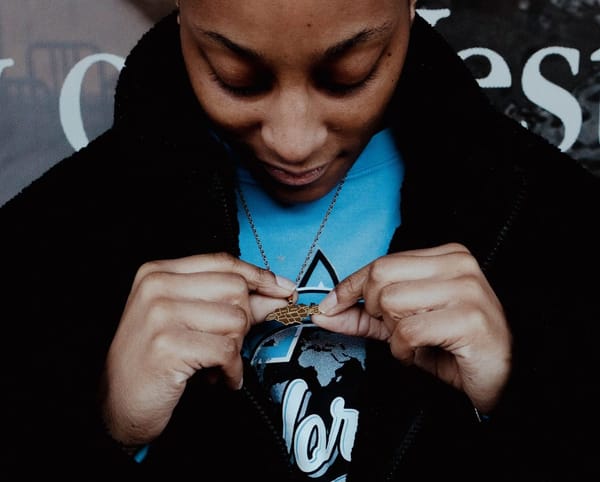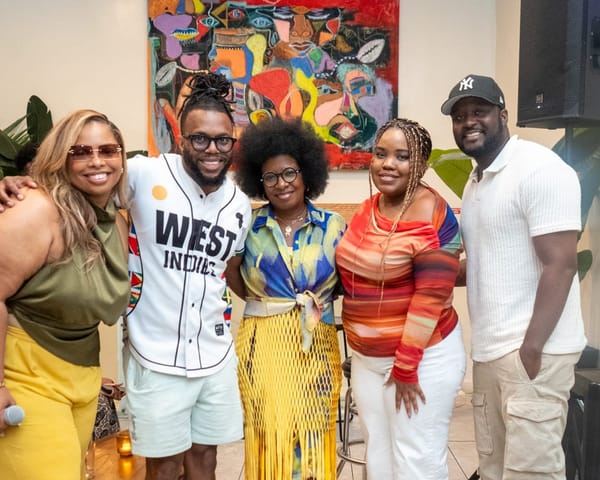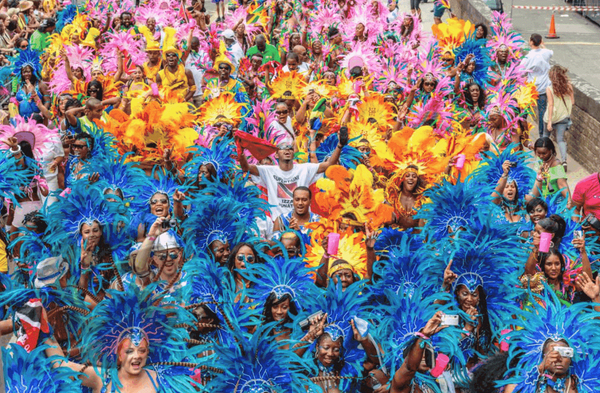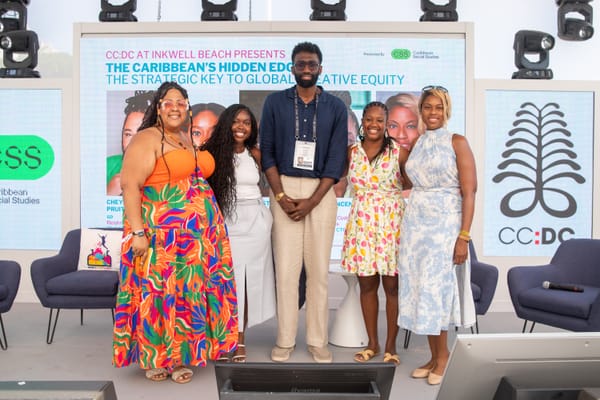Opinion: The Caribbean Produces the World's Best Creative and Strategic Thinkers

Ask anyone in advertising where the world’s top creative minds come from, and you might hear the usual suspects: London, New York, São Paulo, Tokyo. Rarely does someone say the Caribbean. But they should. Because if the world is serious about creativity that moves culture, commands attention, and delivers impact, it needs to look at where that brilliance has quietly been coming from all along.
The Caribbean has been a quiet creative power. With its mix of cultural multiplicity, historical complexity, and environmental resilience, it is not just producing creatives, but forging strategic visionaries. As Jamaicans say, "Little but Tallawah" — small in size but mighty in impact. This ethos defines how the Caribbean approaches art, culture, and strategy.
A Culture That Sharpens Precision
What gives Caribbean creatives their edge? Culture. But not just in the aesthetic sense. The Caribbean is a masterclass in strategic precision.
Here, creativity is born from layered diversity. A space where African, Indian, European, Indigenous, Asian, and Middle Eastern roots have blended over centuries. This creates not just cultural richness, but an intuitive ability to navigate difference with grace, respect, and fluency. Caribbean people are expert code switchers and bridge builders. It’s where the world meets, syncs, and blends, forming a kind of living mosaic. In food, music, and especially in art, the Caribbean is where everyone can see a piece of themselves.
This inclusiveness isn’t performative. It’s lived. In the Caribbean, you can express yourself freely while holding space for others — a skill that’s hard to teach but crucial for modern leadership. It’s what makes Rihanna beloved, gives Nicki Minaj her fiercely loyal fan base, and powers Kai Cenat’s global charisma. They are multicultural, magnetic, and deeply resonant because they reflect a way of being that is unapologetically Caribbean.
The 1 Percent That Moves the World
The Caribbean makes up just 1 percent of the global population. But its impact? Massive. The Caribbean has always punched above its weight culturally. But it’s more than music and vibes. Caribbean creatives don’t just make things. They move things—markets, behaviors, expectations. And they do it with remarkable precision.
Take Rihanna, for example. Her Fenty empire didn’t just disrupt beauty standards—it rewrote them. Born and raised in Barbados, her sense of global relevance is matched only by her instinctual understanding of underrepresented audiences. That’s not a fluke. That’s Caribbean precision.
Or Nicki Minaj, born in Trinidad and raised in Queens. Beyond her lyrical prowess and visual aesthetics, she understands branding, fan engagement, and persona development in a way that few artists can match. Her career is a masterclass in cultural fluency and digital strategy.
From being a catalyst for the birth of hip hop through DJ Kool Herc in the Bronx to cinematic storytelling by Shabier Kirchner in Steve McQueen's Small Axe, Caribbean creatives reshape culture again and again. Angela Hunte, co-writer of the anthem Empire State of Mind, channels her Trinidadian roots into soundtracks that resonate worldwide.
In advertising, Patrick Bennett — Executive Creative Director at Jack Morton — is a standout example. A Trinidad-born, Canada-raised creative, Bennett has led award-winning campaigns for Nike, Coca-Cola, Adidas, and more, merging cultural insight with global resonance. His career is a testament to the Caribbean creative edge: excellence forged in the margins, but built to lead at the center.
Strategy as a Survival Skill
Caribbean excellence isn’t accidental. It’s forged in constraint.
Because in the Caribbean, infrastructure is often minimal, resources are tight, and creative careers still come with skepticism. So those who rise don’t just get good—they get exceptional. They become strategists by necessity.
Take Leeza Singh, a Guyanese-born leader in tech and risk management at BNY Mellon. Her career trajectory shows how Caribbean thinkers apply adaptive, systems-level thinking even in industries far from their cultural home. Her advocacy for resilient innovation and her experience with tech scalability are the very traits that modern creative leadership demands.
Excellence as Cultural DNA
In Caribbean society, excellence is not optional. It is expected. It is cultural.
The academic benchmarks are high. According to UNESCO and regional reports, the Caribbean maintains some of the highest secondary school completion rates in the Global South. Students are trained under rigorous examination systems like CSEC and CAPE, which demand critical thinking, research, and analytical precision. These are not lightweight assessments — they form a generation of thinkers who perform under pressure.
Dr. Keith Nurse once remarked, "Small size can be a source of innovation and creativity. It forces you to be agile, to think outside the box, to be resourceful." That resourcefulness is what gives Caribbean creatives their edge. In an industry obsessed with speed and efficiency, they bring clarity, intention, and emotional insight. They are not rushed. They are precise.
Jamaicans, renowned for confronting seemingly insurmountable challenges with unflinching resolve, have repeatedly transformed impossibility into legend — from the iconic Jamaican bobsled team that captivated the world to Usain Bolt's revolutionary redefinition of human speed. These aren't mere statistical outliers; they embody a cultural ethos that systematically pushes boundaries through disciplined excellence. The Caribbean's outsized Olympic presence, particularly in track and field, stems not from coincidence but from meticulous preparation—a regimen of precise calibrations, rigorous training, and unwavering consistency. This same strategic discipline powers the region's creative minds. What appears effortless to observers is actually methodical mastery wrapped in the Caribbean's signature charisma—that distinctive blend of determination and infectious energy that makes even the most formidable challenges seem conquered with natural grace.
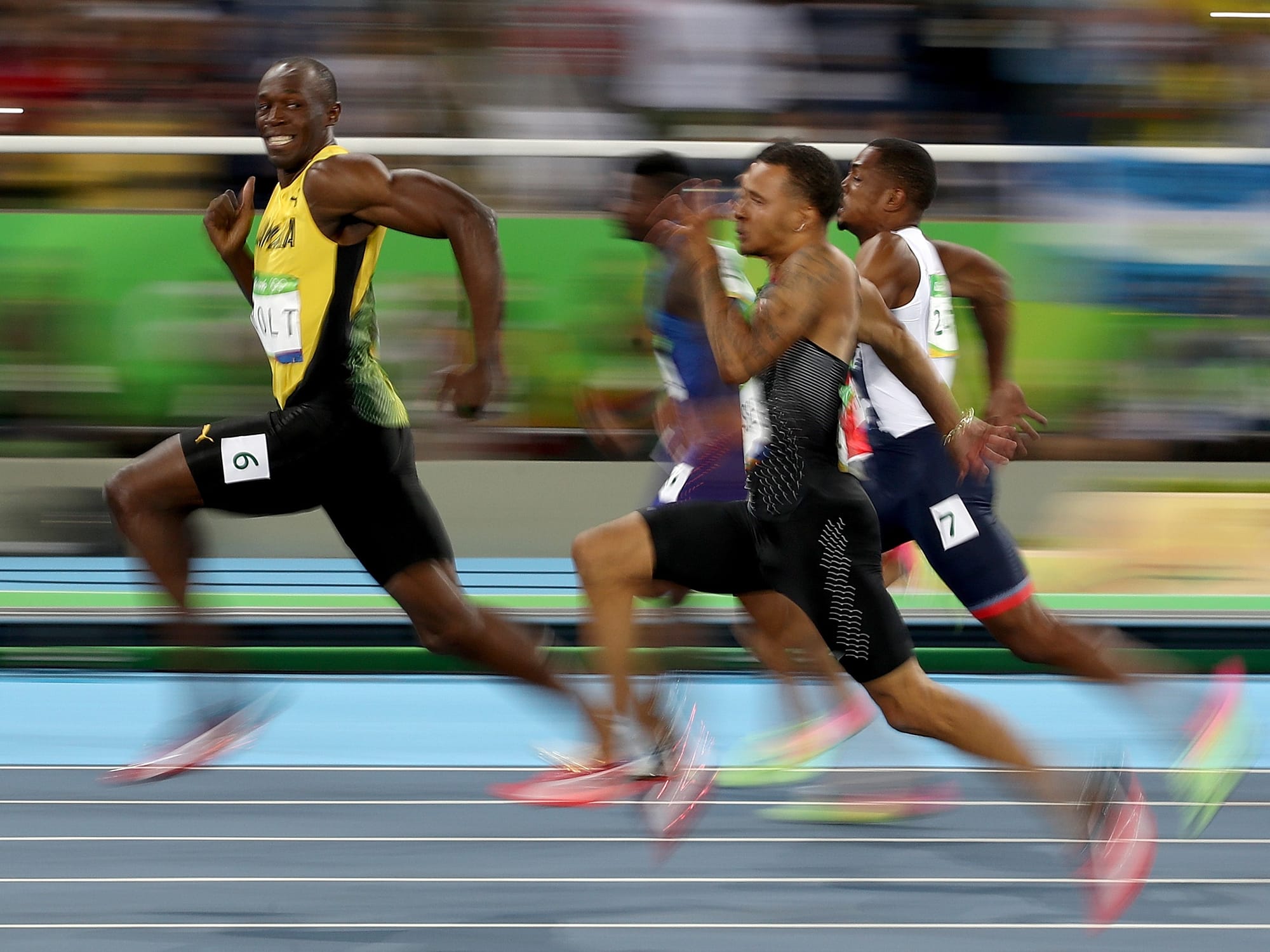
Humanity AI Cannot Replicate
In the age of AI, speed and scale dominate. But the Caribbean brings what machines cannot replicate: emotional precision. Pattern recognition that comes not from code, but from lived experience in a diverse, blended society. Strategic empathy, cultural fluency, and the ability to hold complexity with care.
As Leeza Singh noted during the CSS × TBR pre-panel session, "The Caribbean has always had to innovate under constraint. When we talk about precision, it's about finding solutions that are resourceful, impactful, and emotionally intelligent — all simultaneously."
Caribbean creatives are not just content producers. They are sensemakers.
The Strategic Value of Play
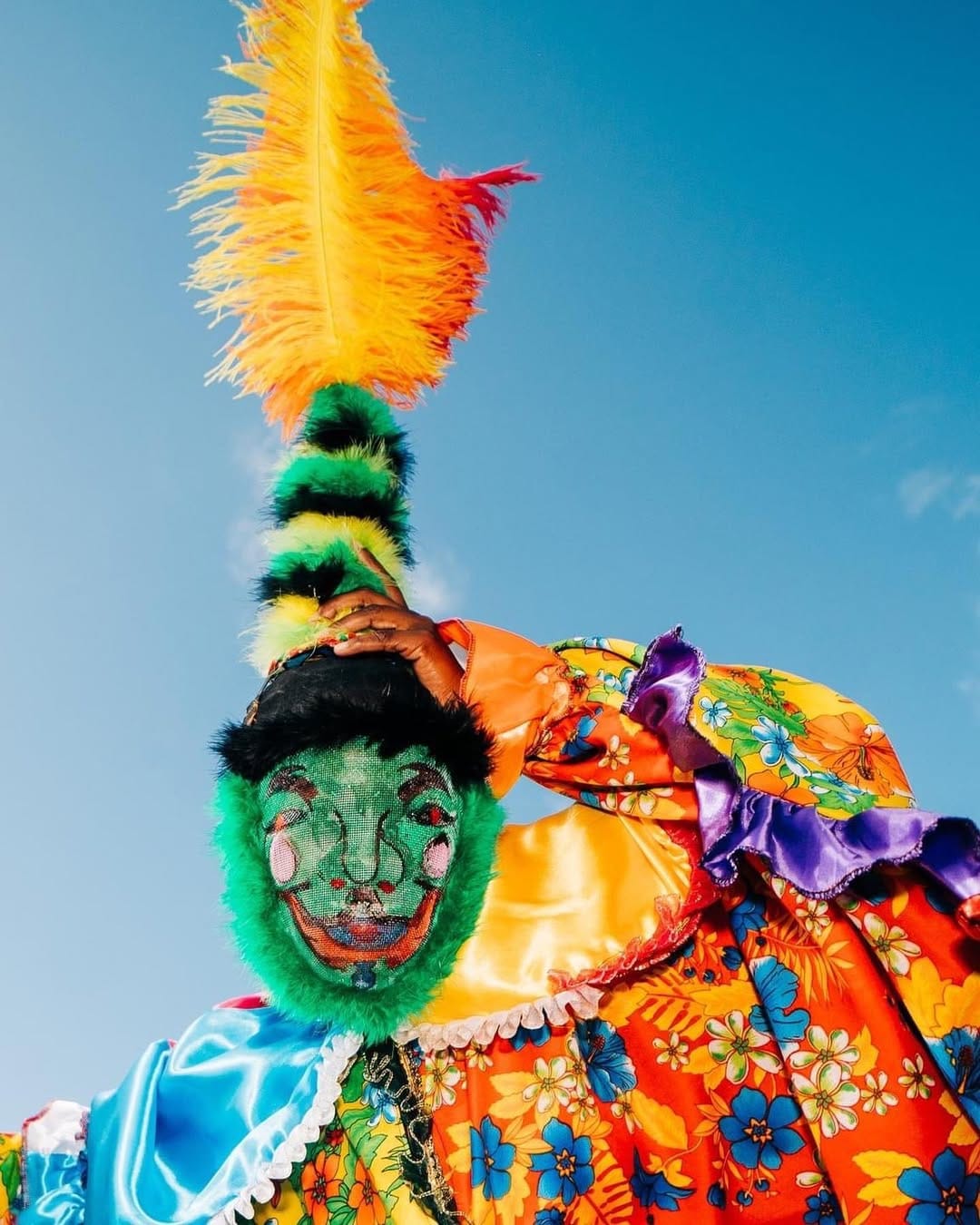
Perhaps one of the most overlooked yet powerful elements of Caribbean creative excellence is the region's relationship with play. Caribbean culture elevates play from mere recreation to a sophisticated creative methodology. From Trinidad's Carnival to Jamaica's sound system culture, play becomes both strategic ritual and creative laboratory.
The Caribbean approach to play is distinctly different — it's not frivolous escapism but rather a disciplined practice of joy and improvisation. Consider Trinidadian Carnival, which scholar Dr. Suzanne Burke has described as "organized chaos" — a seemingly spontaneous explosion of creativity that actually requires months of meticulous planning, design thinking, and collaborative execution. This duality—structured freedom—is precisely what makes Caribbean creatives so effective.
Take the tradition of "playing mas" (masquerade) during Carnival. It simultaneously serves as cultural preservation, artistic innovation, and economic engine. Behind each band's presentation lies strategic planning worthy of any corporate boardroom: thematic development, supply chain management, experience design, and brand storytelling.
This integration of play into creative process shows up consistently in Caribbean-influenced work across industries. Global creative director Stephanie Harvey, who credits her Jamaican heritage for her approach, has noted how Caribbean creatives intuitively understand that play creates psychological safety for risk-taking and innovation. "In Caribbean culture, we don't separate work and play as drastically as Western corporate culture does," she explained at a recent industry conference. "Play is how we solve problems."
The improvisational brilliance of Caribbean music — from calypso's lyrical wordplay to dancehall's constant evolution — demonstrates how structured play generates continuous innovation. Artists like Machel Montano have built global careers by maintaining this balance between serious craft and joyful exploration.
What marketing executives now pay consultants to teach — psychological safety, creative confidence, and productive failure — Caribbean creatives learn through cultural immersion. They understand that true creative breakthroughs require both rigorous discipline and liberated imagination. It's why Caribbean creative professionals often excel at leading cross-functional teams through complex challenges — they've been trained by culture to hold structure and spontaneity simultaneously.
A Turning Point: From Inclusion to Excellence
Historically, Caribbean governments and institutions have not prioritized creative careers. The cultural narrative favored doctors, lawyers, and engineers. But the pandemic revealed the economic potential of creative industries and the urgent need to build resilient cultural infrastructure.
Now, the conversation in the Caribbean is no longer about inclusion. That work has long been done — the Caribbean is one of the most inherently inclusive regions in the world. Instead, the new focus is creative excellence. And that is where the Caribbean is uniquely positioned to lead.
It’s Time to Invest
The creative economy is evolving. It is more global, more decentralized, and more dependent on cultural context. Caribbean creatives are not just valuable contributors — they are a strategic advantage.
Caribbean Social Studies (CSS) is part of a growing movement recognizing this. Built by creatives from the region, CSS is actively connecting global partners to Caribbean talent and spotlighting innovators who are shaping industries from the margins. They are not asking for permission or inclusion — they are building new systems rooted in excellence.
The Caribbean doesn’t need to be included in the conversation. It is the conversation. And the world would do well to listen.
The Caribbean is not a footnote in the story of global creativity. It is the spark. The strategy. The signal. And it’s time we said it plainly:
The Caribbean is an environment that naturally produces the world’s best creative and strategic thinkers.

